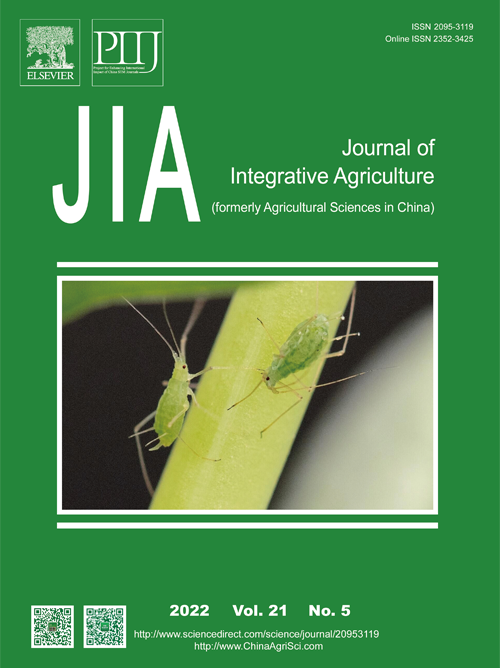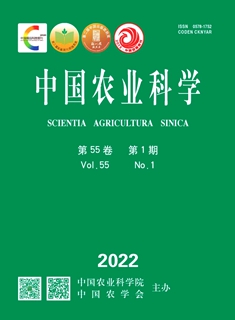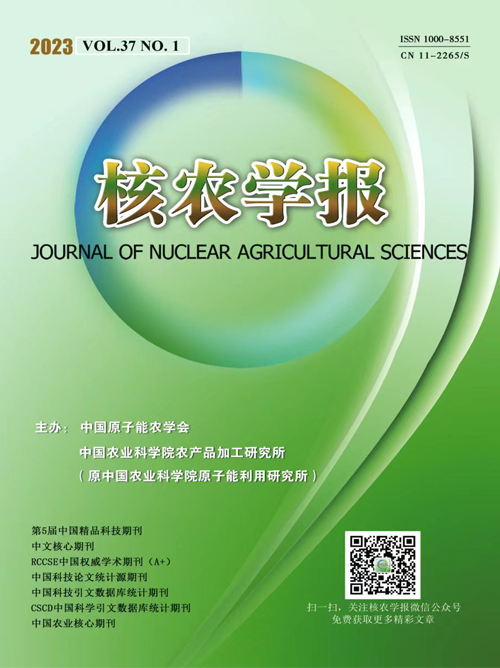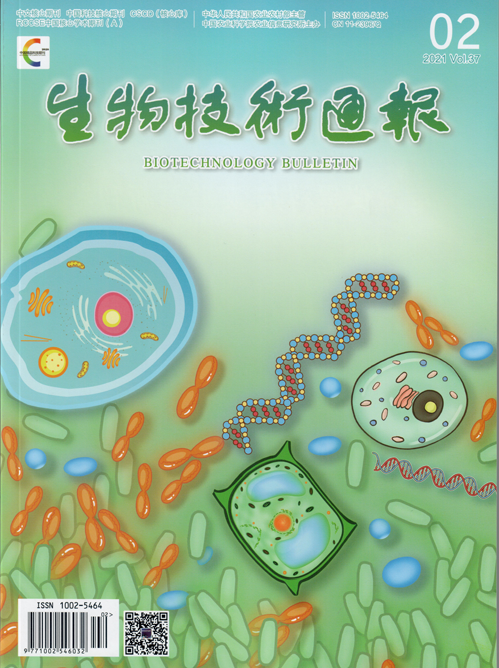Chinese researchers have managed to synthesize baccatin III using tobacco plants, hurdling an obstacle that limited the supply of the crucial raw material used to make the anti-cancer drug paclitaxel.
For decades, paclitaxel has either been directly derived from endangered Pacific yew trees or produced through semi-synthesis using precursor chemicals such as baccatin III extracted from the rare plants.
How to synthesize baccatin III has long been an enigma for scientists worldwide due to its structural complexity, experts said.
The paclitaxel concentration in the Pacific yew tree, which has the scientific name Taxus brevifolia, is extremely low. Scientists need thousands of the trees to extract about 1 kilogram of paclitaxel, while just one ovarian cancer patient requires many grams of paclitaxel for treatment.
The heavy reliance on the yew has limited the supply of paclitaxel, keeping the chemotherapy drug out of reach for many cancer patients who would benefit from it.
Recently, researchers from various institutions — including the Agricultural Genomics Institute at Shenzhen, an affiliate of the Chinese Academy of Agricultural Sciences in Beijing — have discovered a number of enzymes that have allowed them to replicate the biosynthesis process of baccatin III in a much more abundant crop, which could boost mass production of paclitaxel in the near future, according to a study published by Science on Friday.
"We have artificially reconstituted a biosynthetic pathway for the production of baccatin III in tobacco," the paper said.
"Simply put, we have found a green and sustainable production method for obtaining paclitaxel without consuming natural Taxus resources," said Yan Jianbin, a scientist at the institute in Shenzhen, Guangdong province, who led the research.
"Currently, we have applied for and obtained multiple patents, paving the way for the industrialization of green paclitaxel manufacturing in China," he told a virtual news conference on Friday.
In 1996, the United Nations Educational, Scientific and Cultural Organization listed the Pacific yew tree as a rare and endangered plant globally.
Three years later, China made the tree a first-class rare and endangered wild plant.
Since the 1980s, scientists have been searching for a synthetic method to replace the natural extraction of paclitaxel.
In 1990, the United States rolled out a semi-synthetic route to produce paclitaxel by relying on extractions of baccatin III from the tree. This method was utilized for commercial production.
Over the next 30 years, more than 100 research teams worldwide have been involved in the biosynthetic research of paclitaxel, but no breakthrough was reported.
However, the recent discovery of key enzymes has not only opened up the possibilities to the mass production of paclitaxel, but also laid the groundwork for the development of more anti-cancer drugs, experts said.
Deng Zixin, an academician of the Chinese Academy of Sciences, said: "Paclitaxel, the world's top-selling natural anti-tumor drug, is of huge importance for China's cancer prevention and treatment strategy. Developing an environmentally friendly paclitaxel biosynthetic strategy is very important."
The research group led by Yan and collaborators has made a major breakthrough in the field of paclitaxel biosynthesis, marking a milestone in achieving self-reliance and self-improvement in the biological manufacturing of paclitaxel in China, he added.







